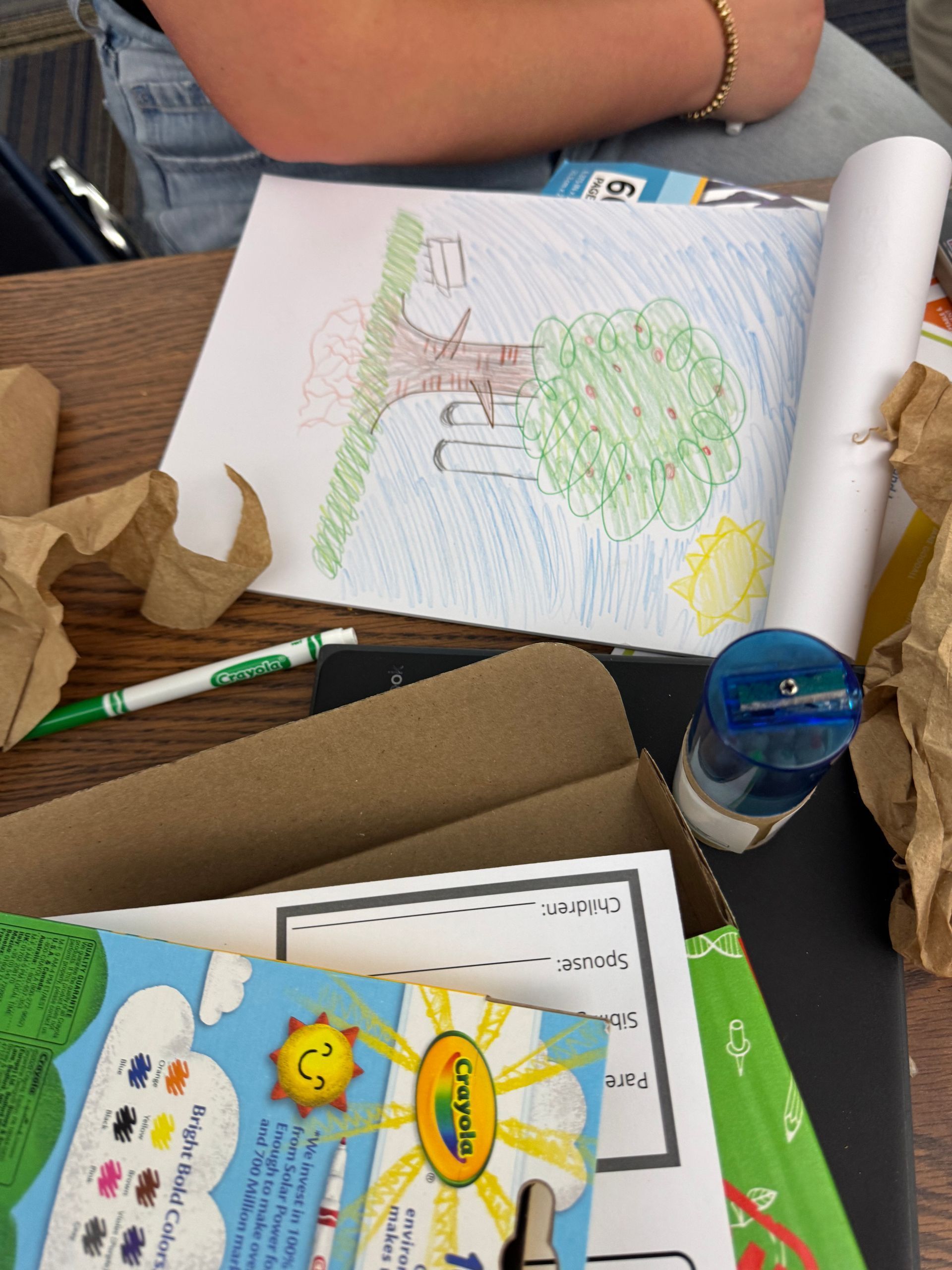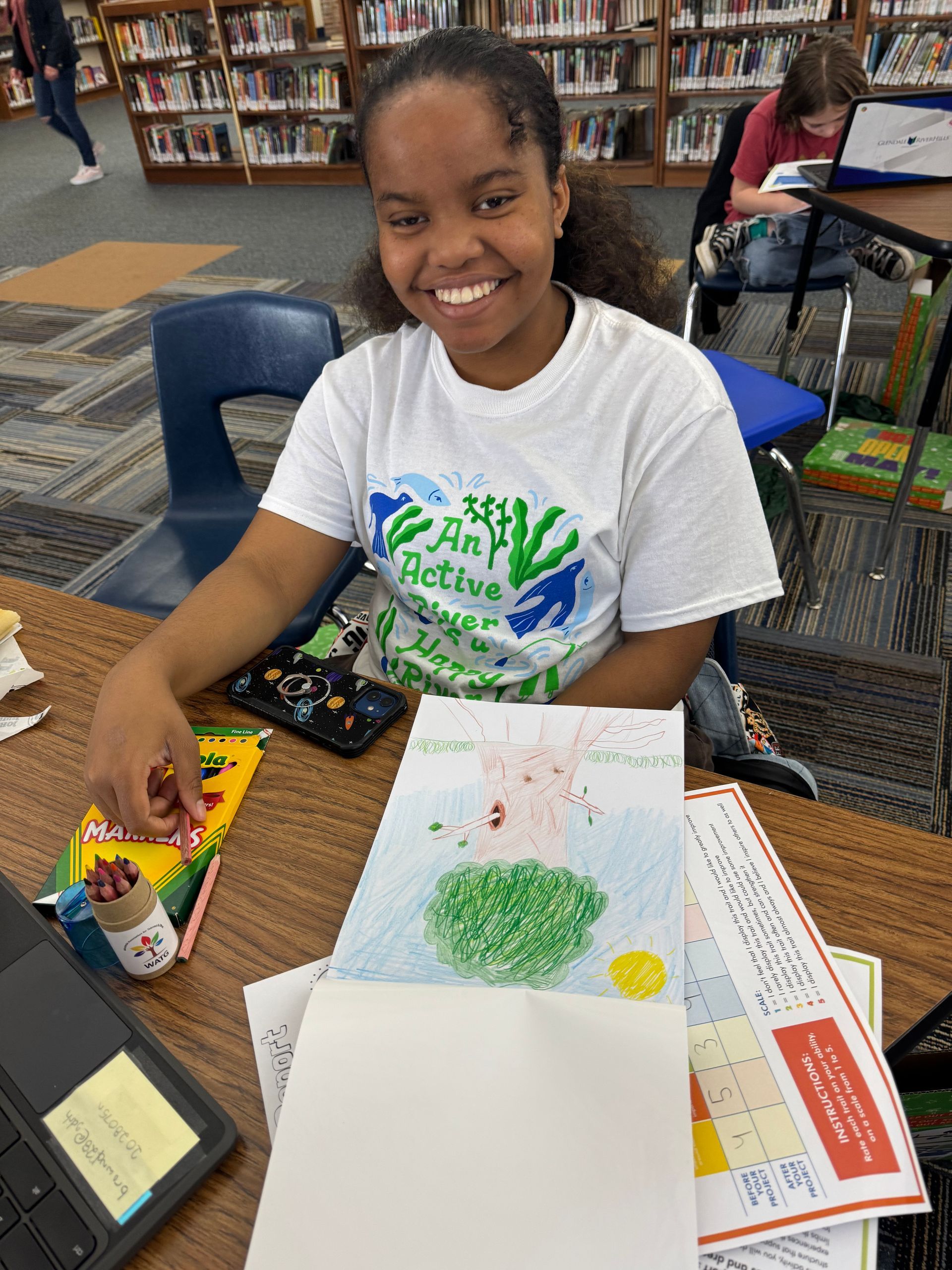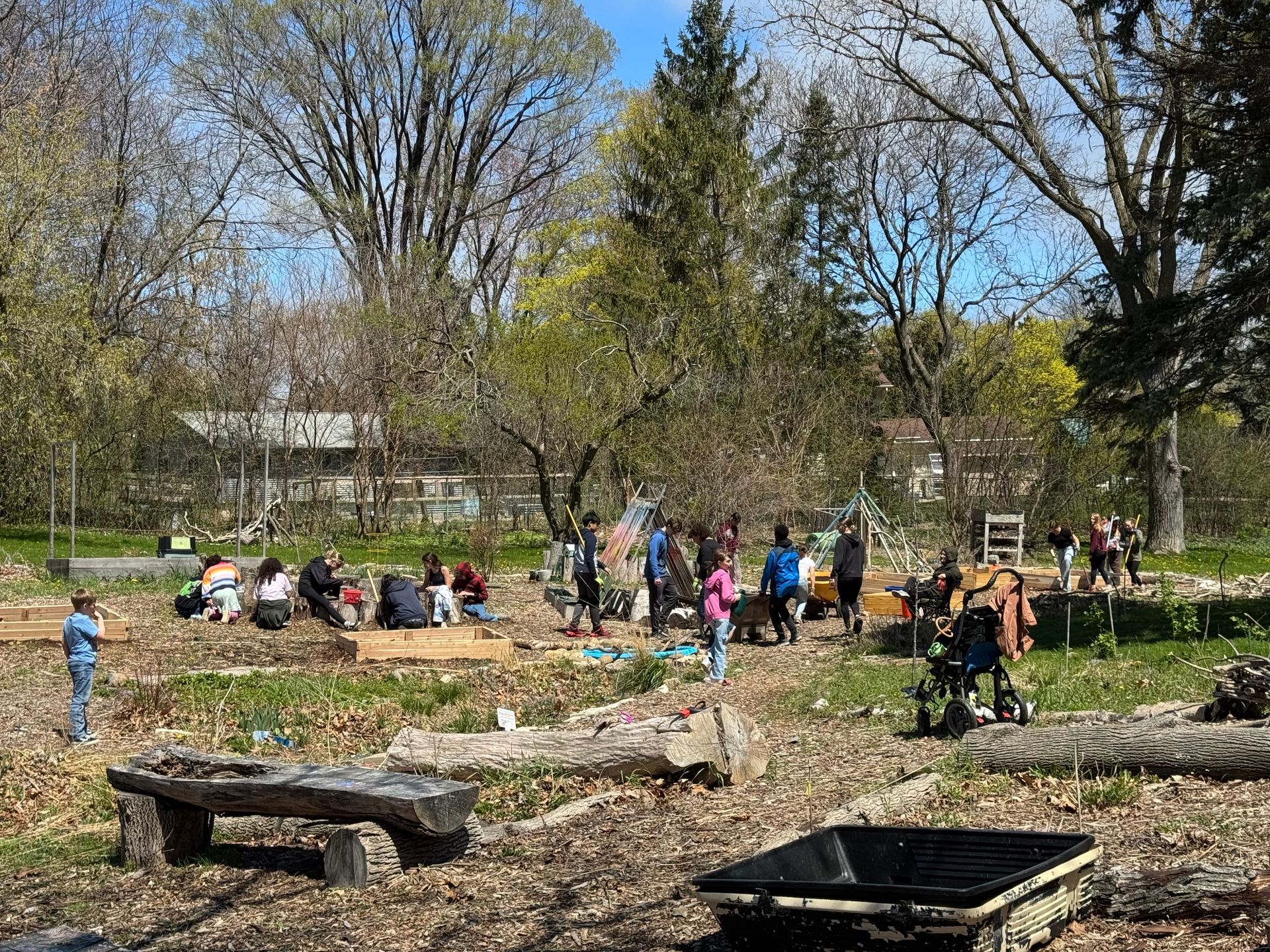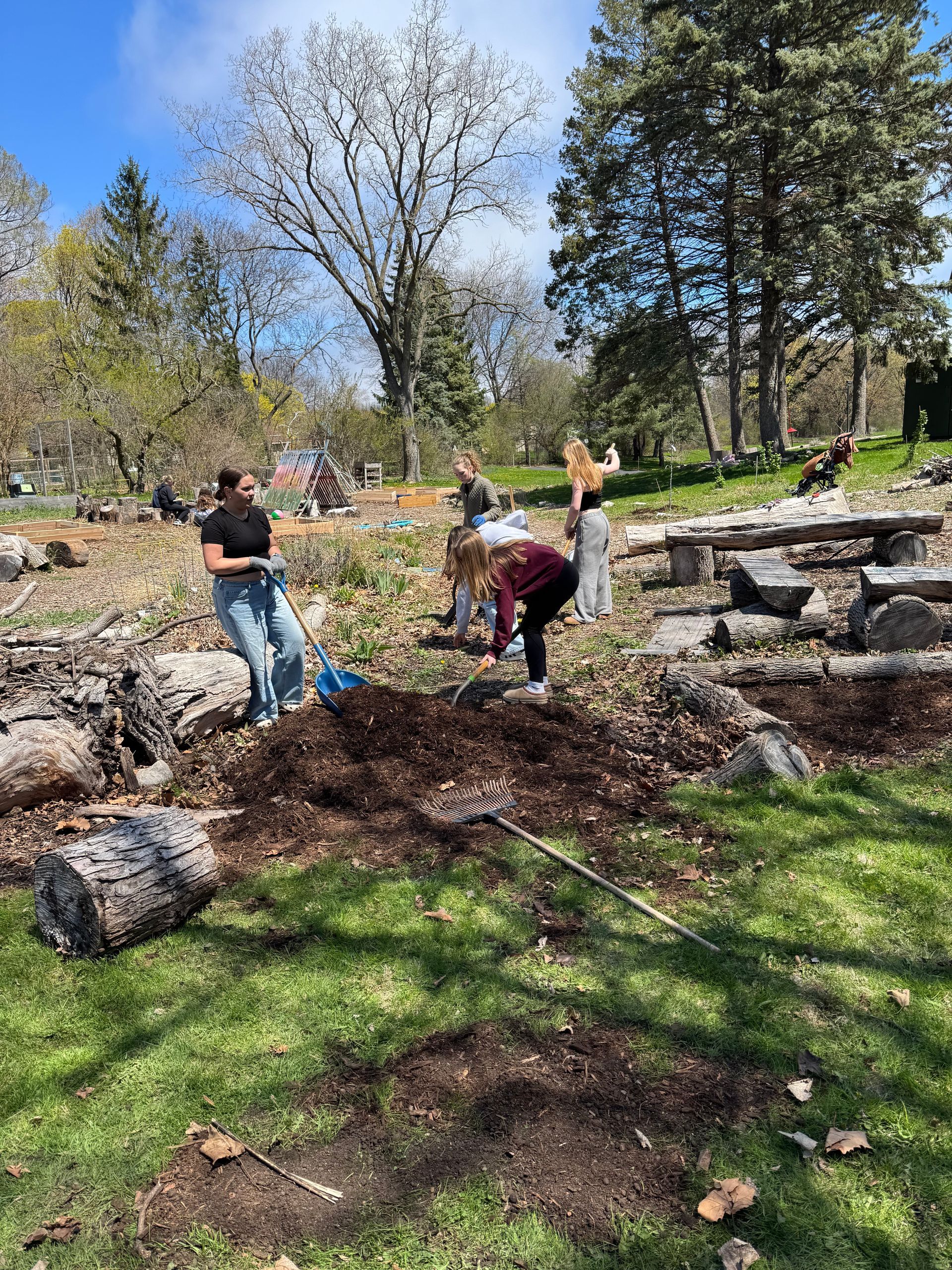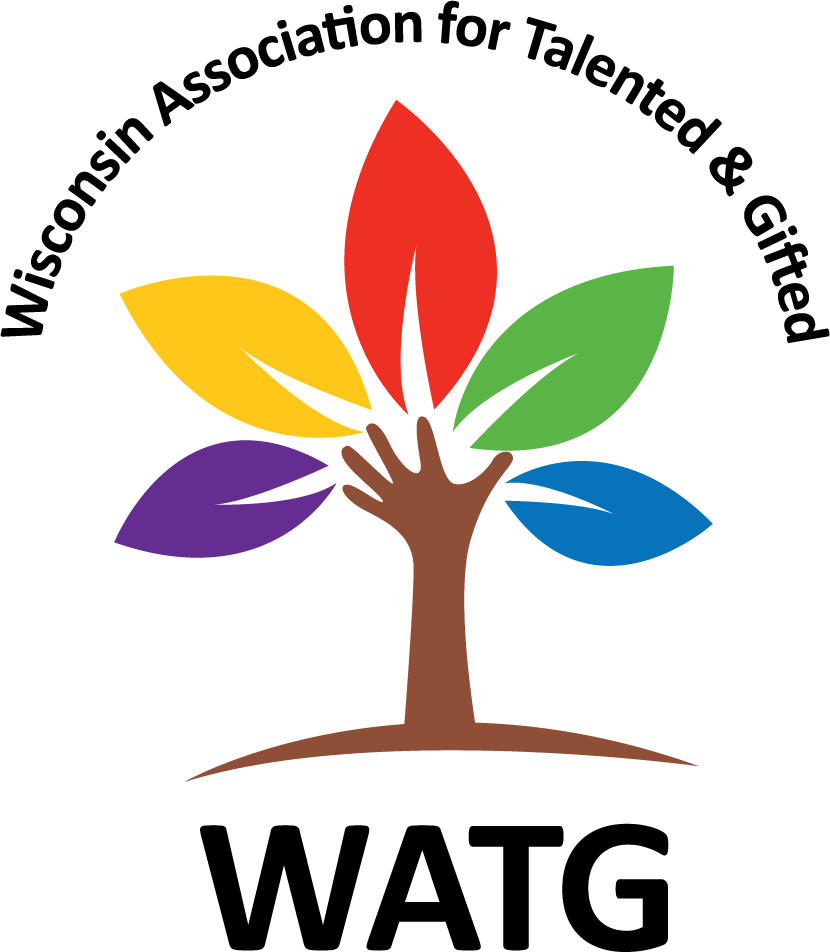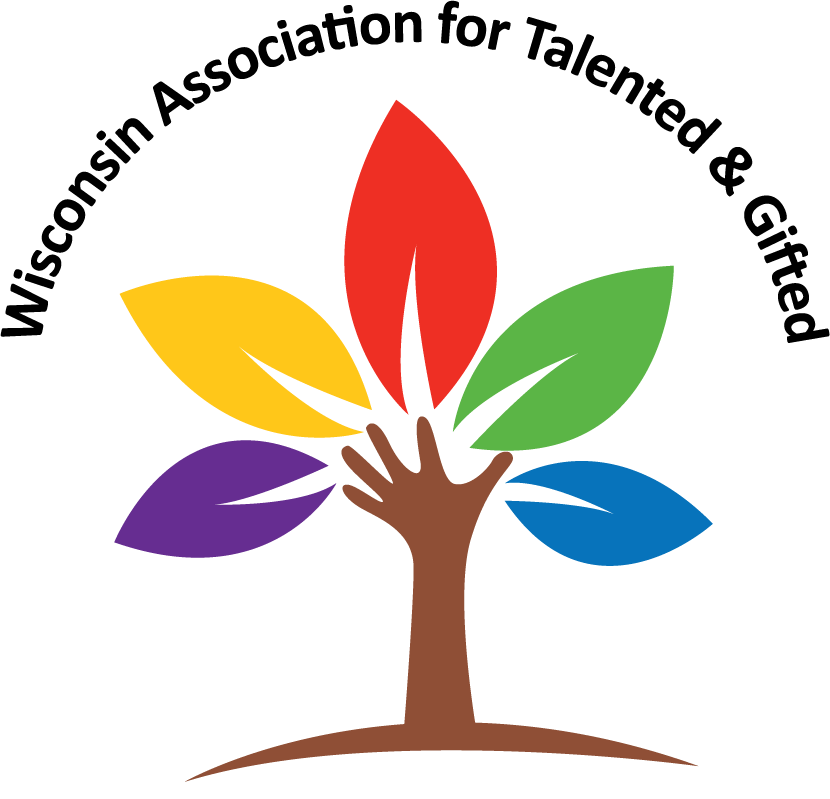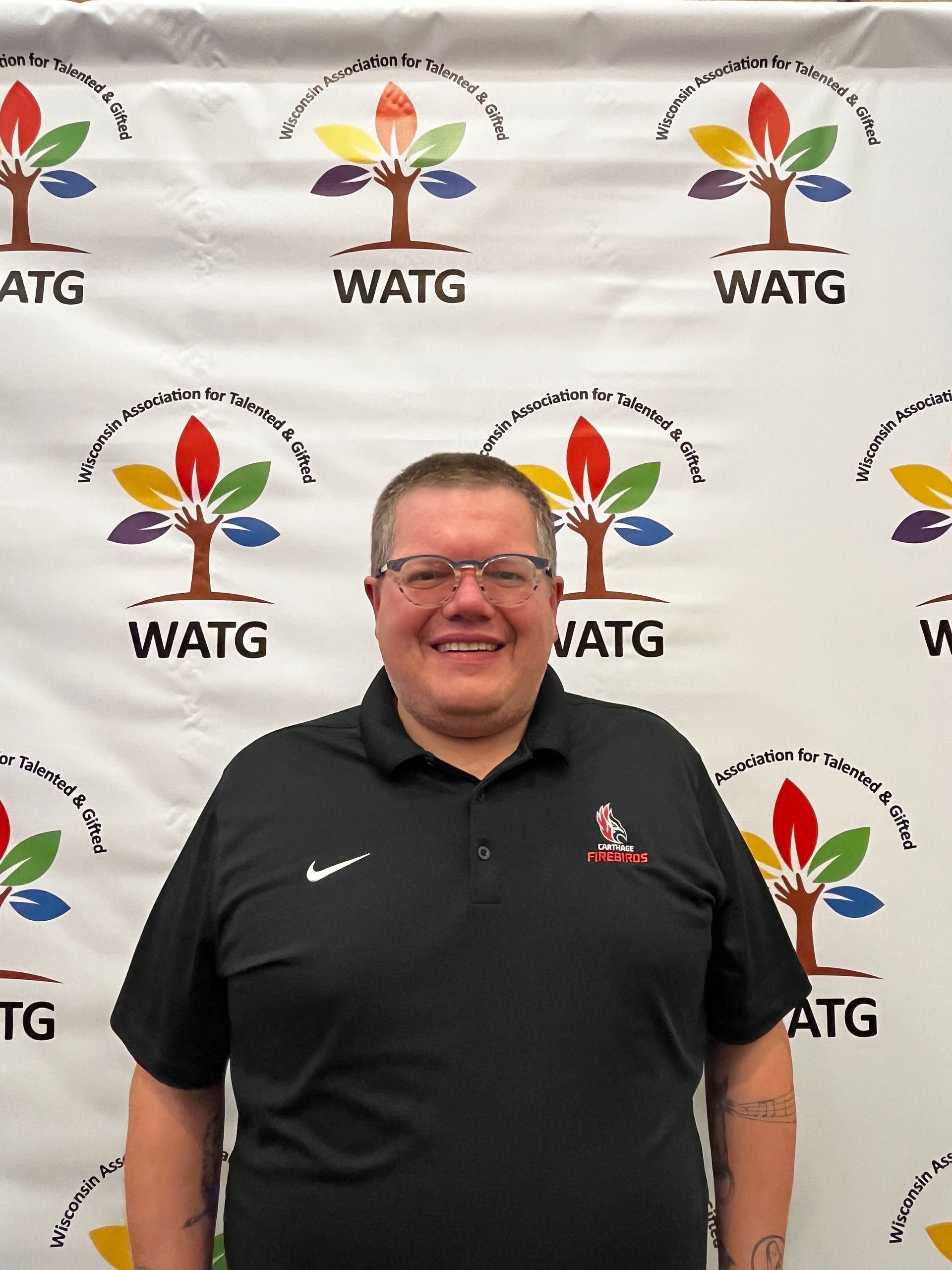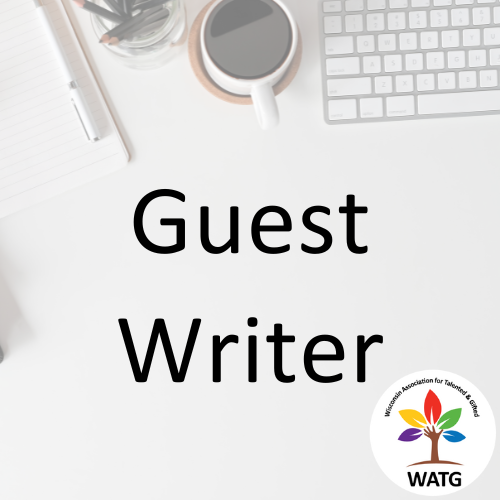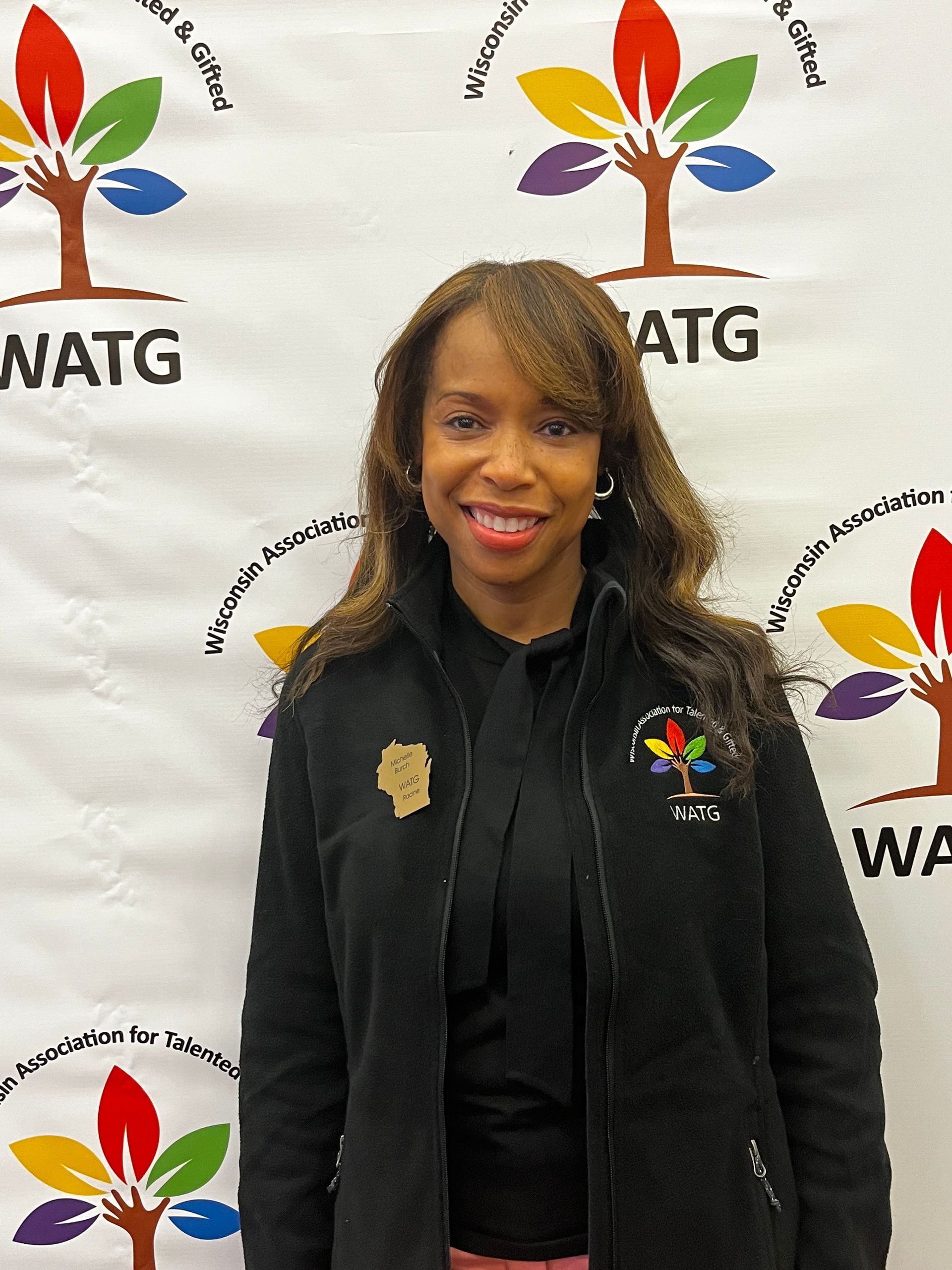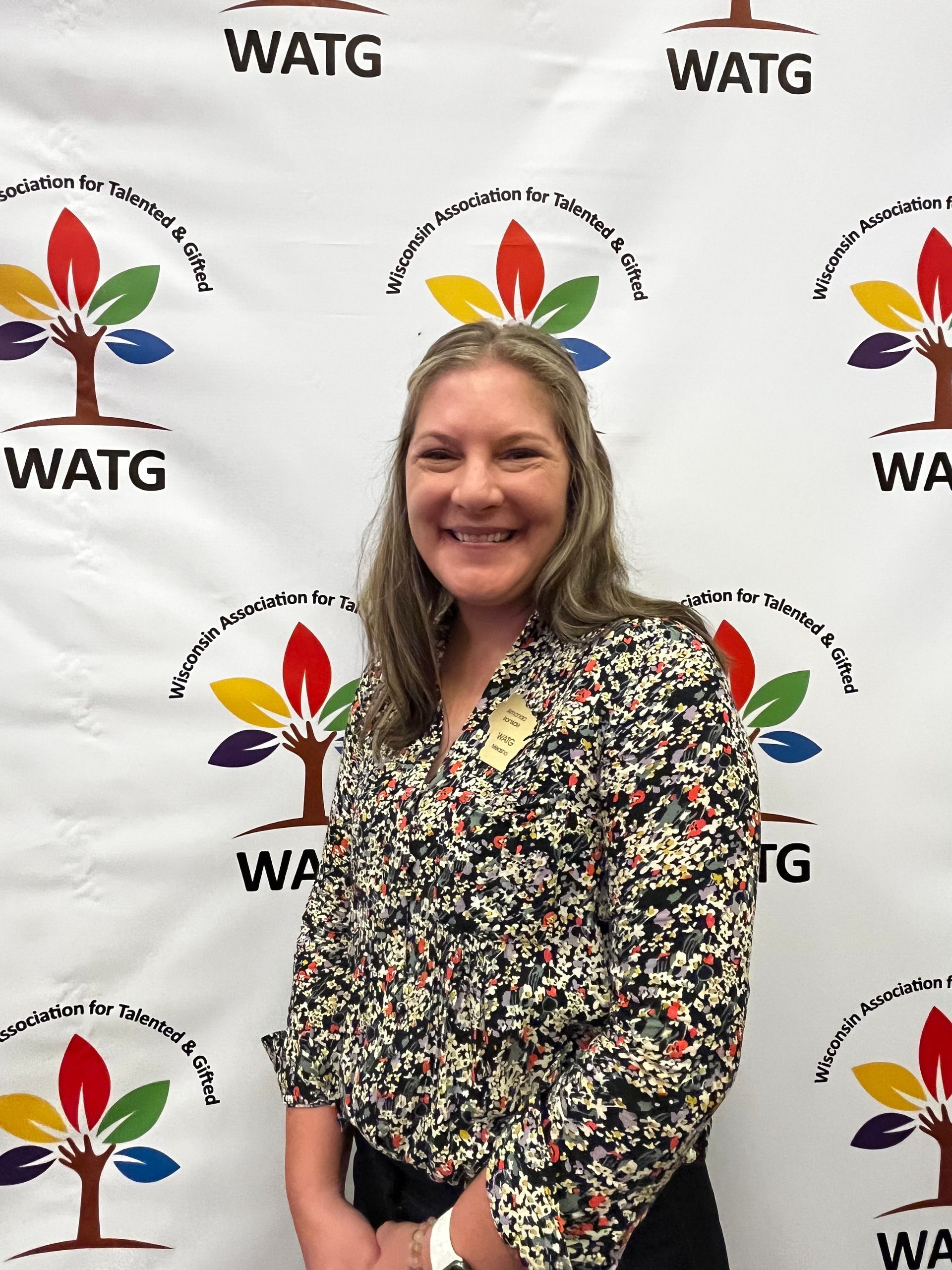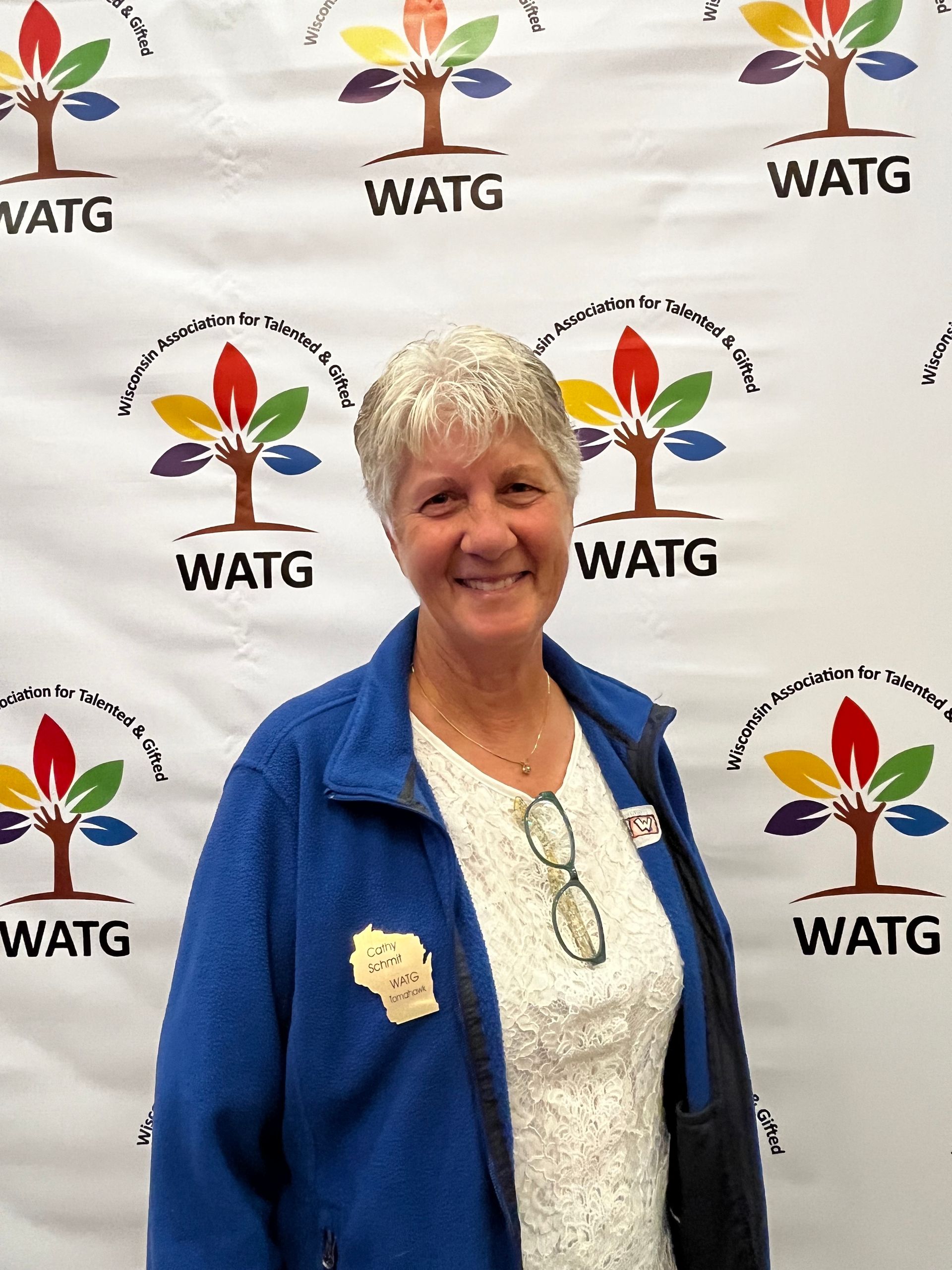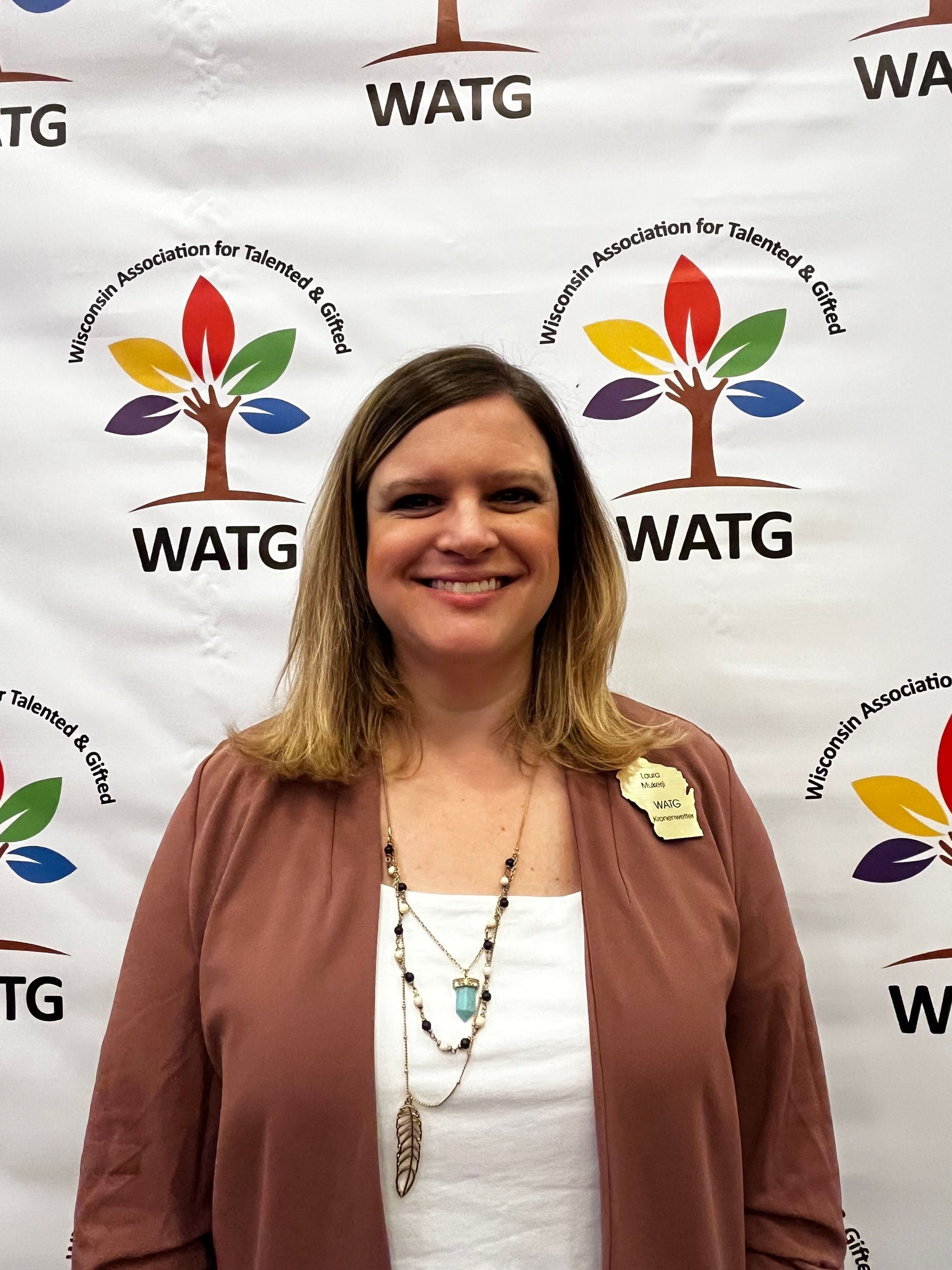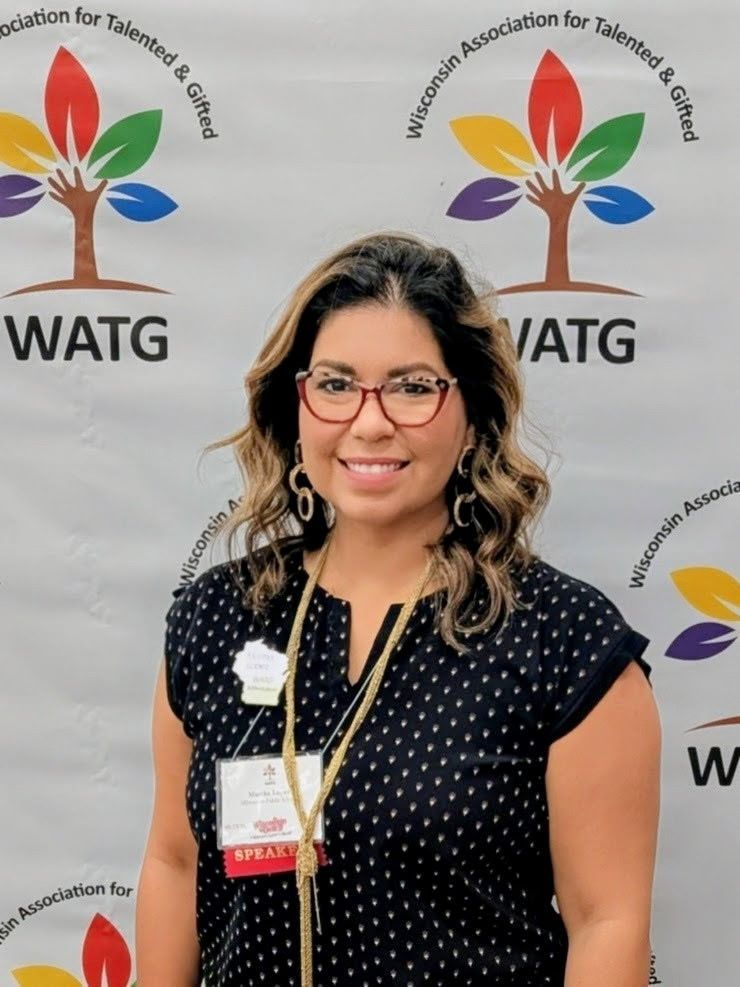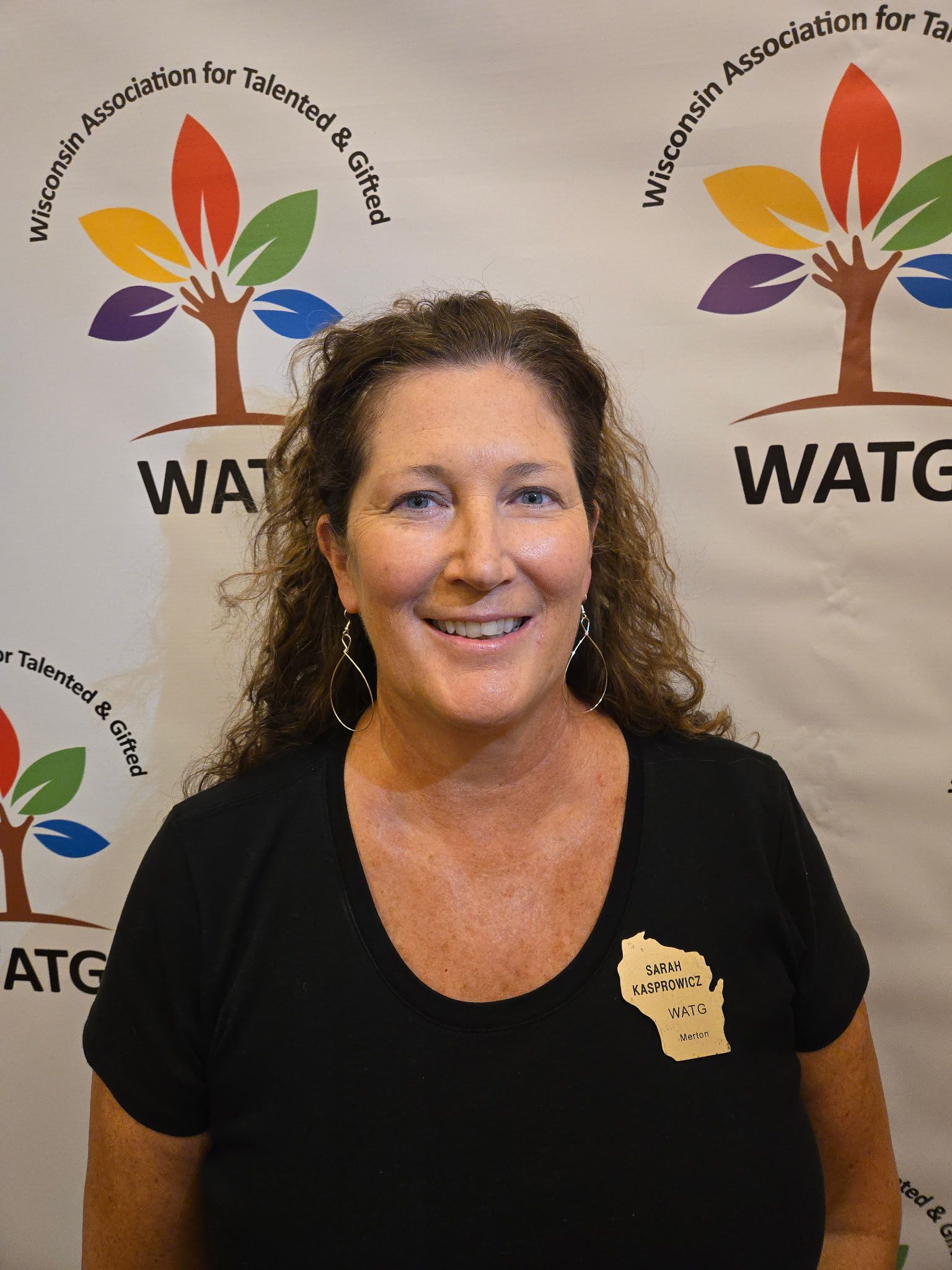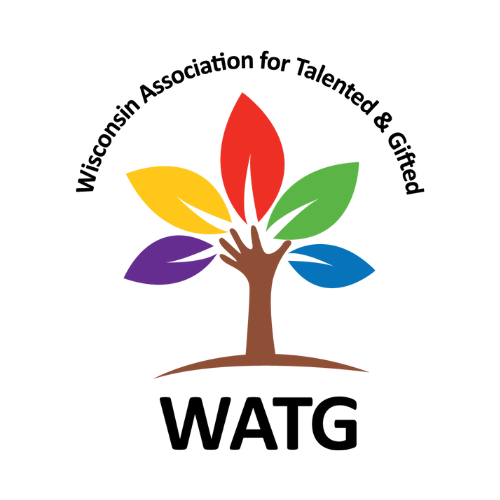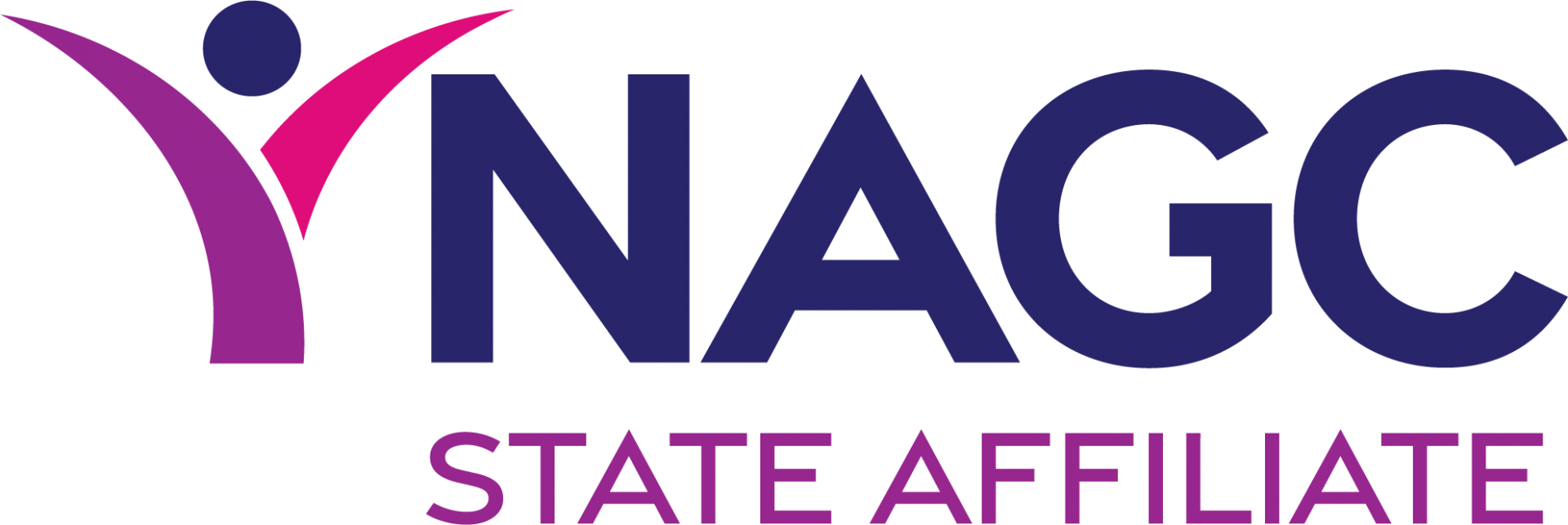Memories from the Roots and Shoots Workshop
Jane Goodall's Roots & Shoots Program is a leadership initiative to empower young people to become active leaders in their communities and the world. Launched by Dr. Jane Goodall in 1991, the Roots & Shoots program focuses on inspiring youth to take action in the environment, with animals and humanity. Over 60 students from Glen Hills Middle School participated in Jane Goodall's leadership program, organized by the Wisconsin Association of Talented and Gifted on May 3, 2025.
Here are some testimonials from our students:
"The compassionate traits of self-assessment helped me recenter myself. Sometimes I get too caught up in school and life and it was nice to slow down and learn about myself." - Eli, 8th grader
"I loved writing about my passions and my inspirations through the tree activity." - Everett, 8th grader
"I liked the tree of hope activity." - DJ
"After I did the tree activity, I just saw my interests from a different point of view." - Dylan
"I learned from the workshop the importance of leadership." - 8th grader
"I liked drawing my tree of hope in the sketch book and being able to talk about our personal stuff like what we would like to do and who we like to hang out with." - 4th grader
"I liked the interactive part where we drew a picture of a tree and wrote about our interests." - 4th grader
"I liked how we compared trees to humans in the activity." - 4th grader
After the leadership program, our students participated in the Glen Hills Cleanup activity. What a great way to teach students about the importance of leadership and giving them an opportunity to take action!
We appreciate WATG and the Department of Public Instruction for providing this great leadership opportunity for our students
Lalitha Murali, WATG Board Advisor
Gifted and Talented Coordinator
Glendale River Hills School District
